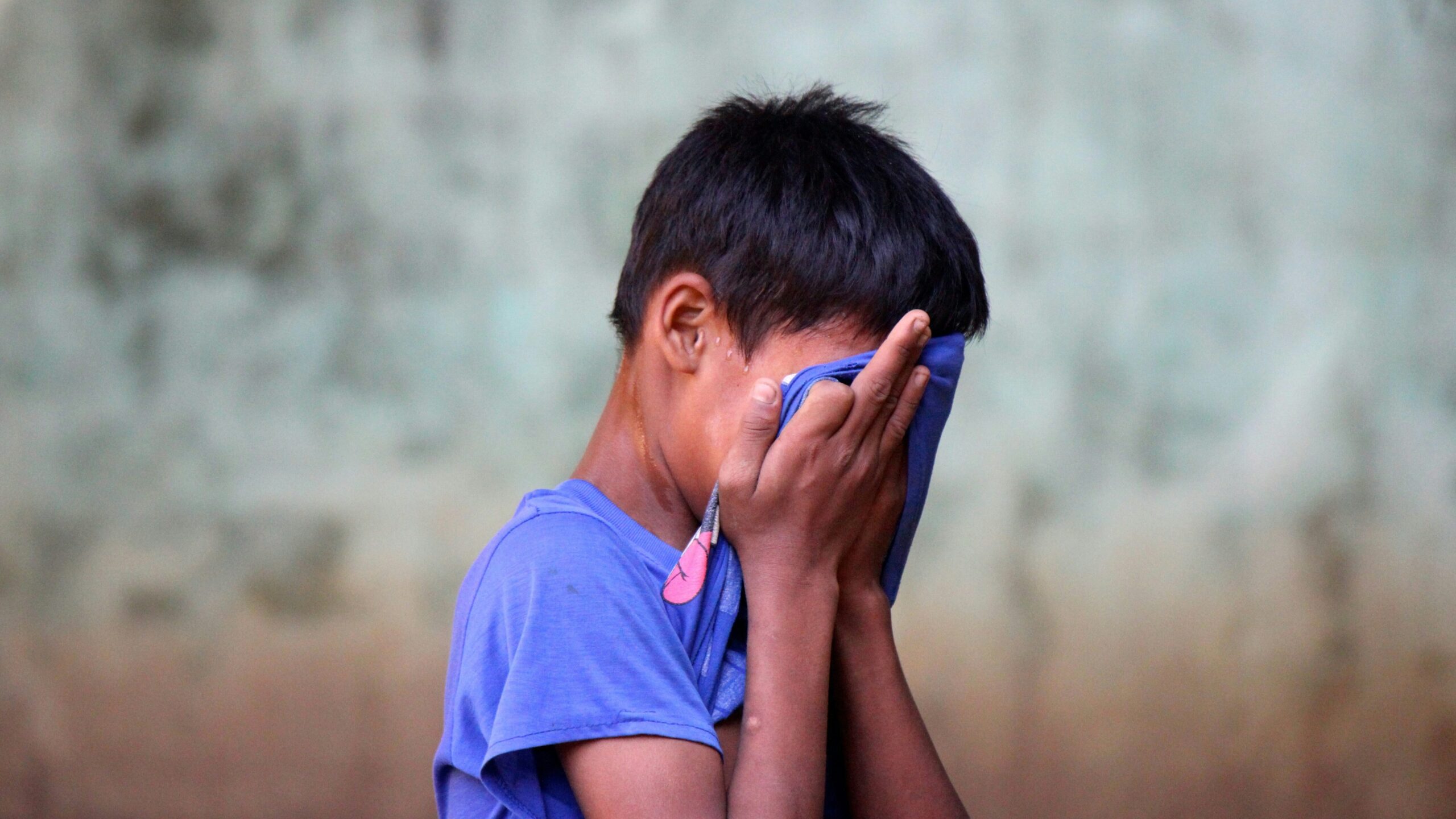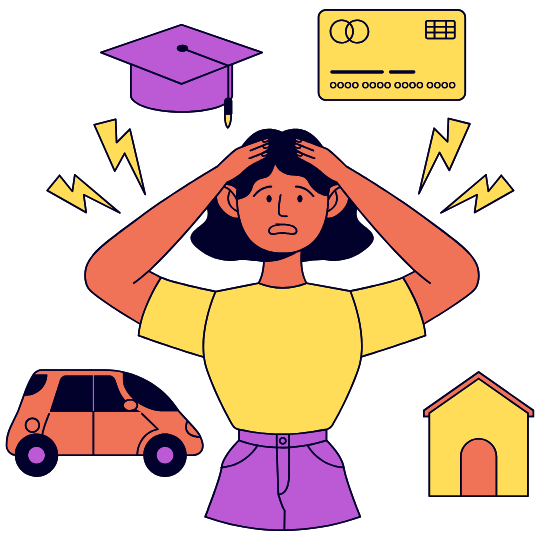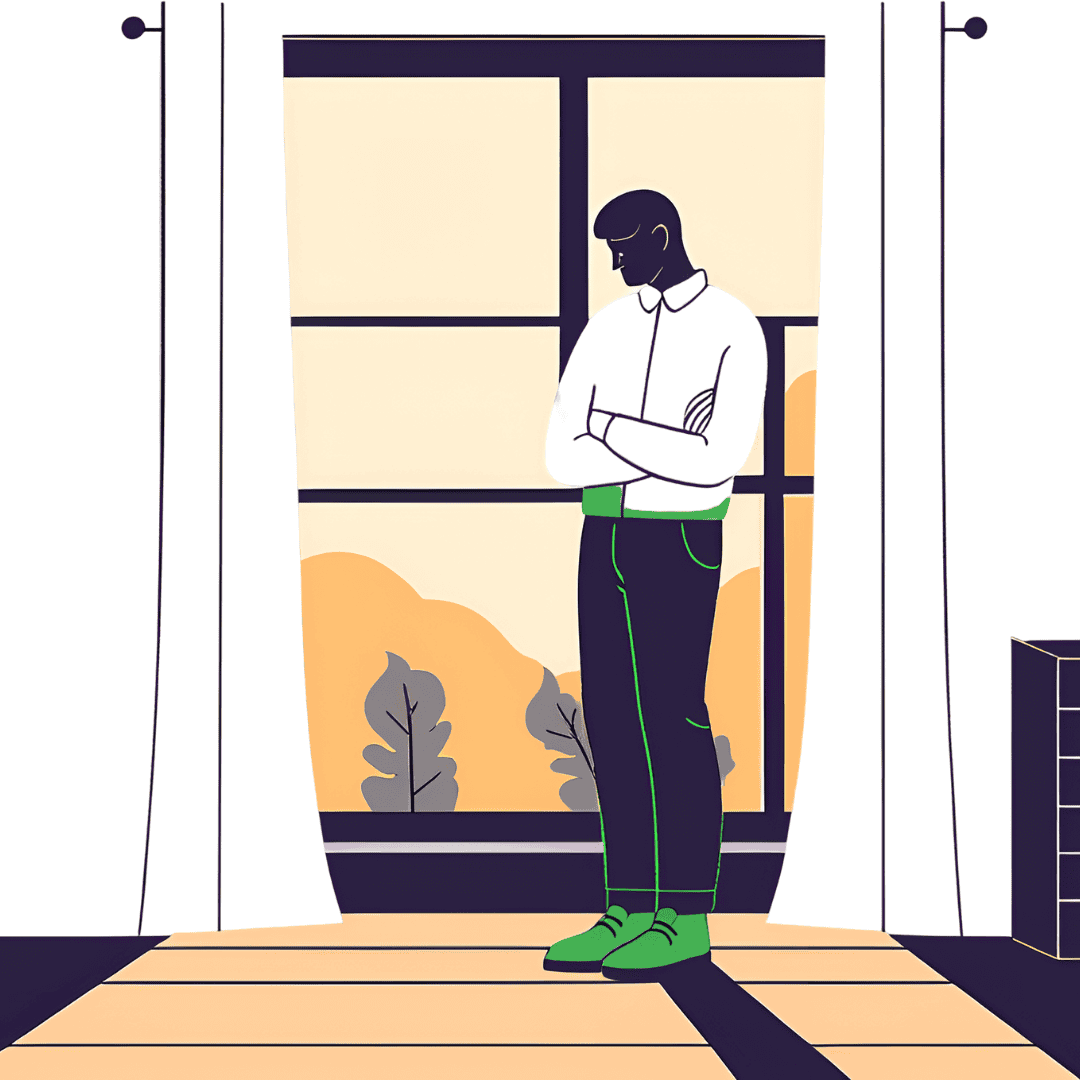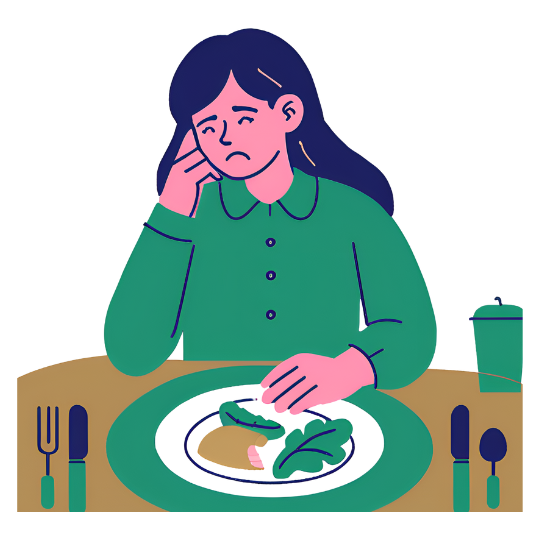
Recognizing Child Abuse: Key Warning Signs to Watch For
The sad fact is that child abuse is happening on a large scale all over the world. In the United States alone, approximately one million children are deprived of a safe, harm-free childhood. This is only an approximation as many children are often too terrified to speak up or too young to understand how to escape their situation. This is why we at Oak Health Foundation want to spread awareness on how to identify when it happens and what to do about it.
What constitutes child abuse?
Child abuse is any action by a parent or caregiver that results in or risks serious harm to a child. Child abuse can take the form of physical, sexual, or emotional harm upon a child caused by an adult or an older person.
What are the different types of child abuse?:
There are five areas or types of child abuse that can happen to a child:
Physical abuse: This form of abuse refers to when deliberate, physical harm is inflicted upon a child by an adult and causing physical injury or emotional damage. Physical abuse is any action where an adult inflicts physical harm on a child, whether it be hitting them with their hands or an object, as well as burning, biting, or restraining them physically. A child undergoing physical abuse may show signs of bruises, cuts, broken bones, and internal organ damage.
Some parents utilize spanking as a physical discipline. If spanking is used lightly in order to reinforce or teach safety to a child, we may not call that abuse; however if it results in significant injury to a child then it would be considered abuse.
Sexual abuse: This form of abuse refers to any action done to sexual organs or any part of the child’s body that is done to bring arousal or sexual pleasure to the perpetrator. This may involve coercing the child to participate in sexual acts, exposing them to inappropriate sexual activity, inappropriate touching and caressing, and more.
Emotional abuse: This form of abuse refers to any type of verbal or psychological abuse that evokes negative and detrimental emotions in a child. This may involve repeated and constant instances of criticizing, screaming, threatening, scaring, humiliating, ignoring, or rejecting a child. A child exposed to this type of emotional mistreatment will feel devalued, anxious, terrorized, and/or isolated.
Neglect: This refers to the parent or caregiver’s failure to provide for the child’s most basic needs such as food and nutrition, medical needs, shelter, clothing, and education*.
*Note: If a parent or caregiver is experiencing poverty, they may not be neglecting their child – they just may not have the means or access to provide for their child. However, neglectful parents and caregivers do have the means to provide but choose not to.
Witnessing Domestic Violence: Although the child may not be physically harmed during an incident of domestic violence, we still consider this to be child abuse as they are able to see the consequences of domestic violence: bruises on their loved one when they come home from school; crying behind closed doors; hushed voices and walking on eggshells whenever the perpetrator is in a bad mood. Domestic violence impacts the entire family. In order for children to develop normally, they need to be in safe and stable environments and a home where domestic violence occurs is anything but.
What are the signs that a child is experiencing abuse?
Some physical indicators and signs of physical abuse include but are not limited to:
– bruises or welts on the body or face
– bruises or welts that look like an object or body part was used to make that injury (such as buckles, handprints, teeth, stick)
– markings from burns on the face or body – fractures on the face or body – especially ones that do not seem consistent with an explanation offered by the child
– cuts and grazes to the face or body
– internal injuries or internal bleeding
– multiple injuries that are both old and new
– repeated injuries
A child who is being physically abused may also exhibit the following behavioral patterns:
– unusual fear towards interacting with adults
– an unlikely explanation for how they got their injury, or inability to remember the cause of their injury
– aggressive behavior and fighting
– unusually nervous, anxious, hyperactive, destructive to self or others
– wearing clothes unsuitable for weather conditions to hide injuries
– being afraid or reluctant to go home
– showing fear or wariness to their parent or caretaker
– a child may also disclose that an injury was inflicted by their parent or caretaker
Does child abuse or domestic violence cause children to have mental disorders?
If a child has gone through the trauma of child abuse of any of the types we talked about, there is a much higher risk for the child to develop a mental disorder such as depression, anxiety, substance abuse, and medical illnesses.
When the child matures and if left untreated, they may bring their residual trauma into new relationships, especially intimate ones.
What are typical things you see with children who experience child abuse or live in a home with domestic violence?
These are just a few things we see with children who have experienced child abuse or have grown up in a home with domestic violence:
1. Emotional Problems: We often see anxiety, fear, depression, anger, rage, and/or suicidal ideations in children who have experience child abuse or live in a home with domestic violence.
2. Physical Problems: Children suffering from this may also have sleep issues, appetite changes, medical illnesses that do not seem to be getting better, and eventually possibly drug or alcohol abuse.
3. Behavioral Problems: We commonly see behavioral problems such as self-harming, frequent physical fighting, bullying, and even acting out sexually.
4. Social Problems: We also commonly see those suffering from abuse withdrawing from others, fear towards new relationships, and general distrust towards people.
What can a parent or teacher do for children who have experienced child abuse?
If you are concerned about whether a child is undergoing abuse, talk to the child in a non-threatening environment where a child is comfortable. You can ask them where they would like to talk and take care in making sure it is not in front of someone who may be the perpetrator. When speaking with the child, make sure the questions are non-threatening and vague:
– “Has someone been touching you?”
– ”What happens when you do something your parents do not like?”
– “Are you afraid of anyone?”
Take care to reassure the child and ensure that they are not in trouble and stick to only “I” statements.
If a child is currently undergoing abuse, the most important thing to do is to help the child to safety. You can report suspected child abuse to the Child Protection Hotline on (800)-272-6699 or call the Childhelp National Child Abuse Hotline at 1-800-422-4453 to speak with a professional.
If a child is no longer undergoing abuse, a crisis plan still needs to be in place. It is very possible that abuse could occur again. You can teach the child when, how, and who to contact if the situation occurs – this can be trusted friends, family members, local service providers or more.
Also reiterate to the child that they are in a safe space with you. Oftentimes, the perpetrator will threaten the child to try and keep them quiet so it is important to reassure the child that they are safe with you. Make sure to also reassure the child that they are not guilty of the things that are happening to them.
Last but not least, make sure to seek professional assistance to speak with the child who has experienced child abuse. Untreated trauma such as child abuse can fester and develop into other mental disorders or conditions. If the child experienced physical or sexual abuse, a pediatrician will also need to assess the child’s overall physical health.
What are typical treatments for children who experienced abuse?
When a patient comes to the Oak Health Foundation sponsored Fully Health clinics, we do a full evaluation to discover all possible diagnosable problems such as major depression, panic disorder, PTSD (Post-Traumatic Stress Disorder), as well as a suicidal assessment. Many victims tend to feel so shameful and hopeless after undergoing abuse that they may have suicidal ideations.
Psychotherapy and counseling are also crucial in the treatment process. Children and teens may not be able to fully articulate everything that has happened to them or they may be reluctant to remember details such as a traumatic experience. However, it is crucial for them to share and talk about what they experienced. The more they share, the processing of this trauma becomes easier.
Sometimes, very young children cannot remember child abuse – as a defense mechanism they make themselves forget. Skilled therapists will use play therapy, drawing, sand tray therapy, or the playhouse where children will either reenact or re-create through drawing what happened to them so that therapists can discover what actually occurred.
Medications are sometimes prescribed if major psychiatric problems are diagnosed during the full evaluation. Medications can help relieve extreme symptoms such as major depression or frequent panic attacks in a child.
Finally, we cannot ignore the spirit. Satan allows evil acts to happen to innocent children to deceive them and ensure they set upon a path that takes them as far away from knowing how Jesus died for us and how much God loves us.
Spiritually, we need to remind these children of their true identity: that they are the children of God and they are loved and worthy. This is also an opportunity to teach children that we are all in a spiritual battle against Satan and the only way to fight him is with Christ on our side and with spiritual armor provided by God. We can remember and rejoice in the Gospel, pray to Him in times of weakness, reflect on the scripture, and have fellowship with other Christians.
Do you have a message for adults who have experienced child abuse as a child?
First and foremost, we want to emphasize that it is never their fault. Many people who have experienced child abuse feel that they brought the abuse upon themselves somehow. They experience immense guilt for an evil act that someone else inflicted upon them. It is not their fault whatsoever no matter when they experienced abuse as a child. It is important for a victim to acknowledge that they were indeed the victim in the situation.
We also want to say that it is okay and not abnormal to still feel haunted and affected by it. Many victims of child abuse have expressed feeling guilty and embarrassed about still feeling affected by their child abuse many years later as adults. However, any form of child abuse is traumatic and requires time in healing. We encourage those who still feel affected by child abuse to talk about it with a trusted confidante, counselor, or psychotherapist. Talking about it will in fact help the healing process, as it will help you be able to discover how it has impacted you over the years and have a chance to reverse some of the damage it has done. We also encourage them to try and find at least a small support group of those who experienced the same thing as children and support each other.
The wound and pain is immense in those who have experienced child abuse. Our goal at Oak Health Foundation is to help those who experienced this trauma to ensure that this wound is not a barrier to their future happiness or embarking on a journey with God.
If you are a victim of child abuse or know someone who might be, call or text the Childhelp National Child Abuse Hotline at 1-800-422-4453 to speak with a professional crisis counselor.
You can watch the accompanying Anchor of Hope video here.
Enjoyed our blogpost? Subscribe to our newsletter for more resources on mental health and integrating the Gospel message in your healing journey.
If you found our resources useful, please consider donating to Oak Health Foundation, which is a 501(3)c nonprofit dedicated to providing resources regarding holistic mental healthcare and subsidized treatment for those in need.




